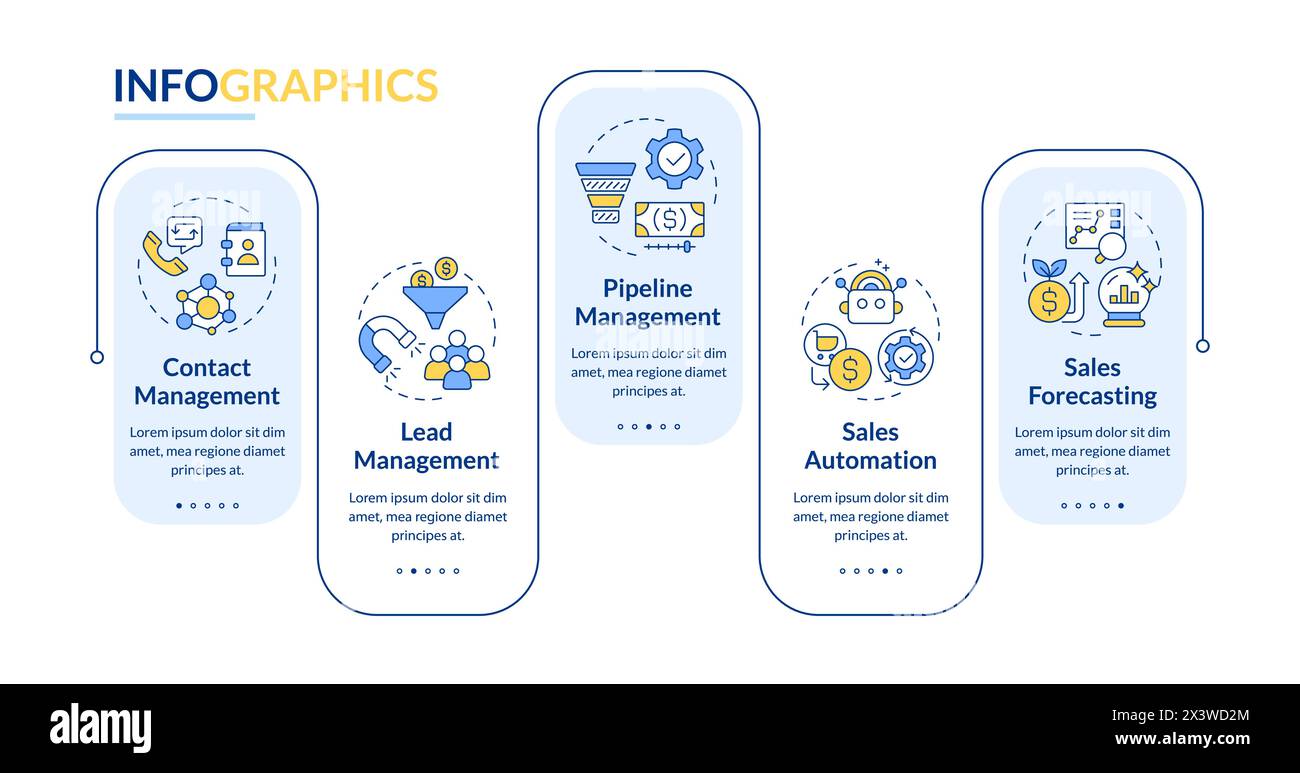The CRM Toolkit: Attributes That Make a Change
In this day’s competitive business landscape, efficient customer relationship management remains more important than ever. Businesses are constantly seeking ways to enhance their relationships with customers, and utilizing the right customer relationship management features can make all the difference. A robust CRM system is able to both streamline processes and also provide invaluable insights into customer behavior and preferences. By leveraging these features, businesses can foster deeper connections and drive growth.
When organizations strive to improve their customer interactions, understanding the key features of a customer relationship management system is essential. Featuring automation tools that save time to analytics capabilities that enhance decision-making, these features have the ability to transform how companies engage with their clients. This article will we will explore the essential CRM toolkit and highlight the features that truly count in establishing lasting customer relationships.
Key CRM Features
A key customer relationship management features is contact management. This aspect allows businesses to keep client details in a centralized location, providing easy access to important details like contact information, purchase history, and customer interactions. With effective contact organization, companies can enhance engagement, personalize customer interactions, and ultimately boost customer contentment.
Another essential aspect is sales process automation. This aspect of a customer relationship management system streamlines multiple sales tasks, such as following up on leads, overseeing sales workflows, and predicting earnings. By simplifying repetitive activities, sales teams can concentrate on relationship-building and finalizing sales rather than being overwhelmed with administrative duties. This increased efficiency often leads to improved sales performance and enhanced sales conversion.
Analytics and reporting features are crucial for assessing the success of customer interactions. A powerful CRM system provides insights through in-depth analyses and dashboards, allowing businesses to monitor key performance indicators and client behavior trends. Being able to analyze data effectively empowers businesses to make informed decisions, enhance promotional strategies, and enhance overall customer engagement.
Connection Functions
A robust customer relationship management system includes interface features that enable businesses to connect with various tools and applications seamlessly. This includes connections with email services, marketing automation tools, social media platforms, and even e-commerce websites. By allowing these integrations, a CRM can aid streamline workflows and provide a comprehensive view of customer interactions across various channels.
Furthermore, the ability to connect with accounting tools is essential for handling customer transactions and understanding profitability. When CRM systems can draw data from various business functions, businesses can achieve a integrated data source that enhances decision-making. This connection not only saves time but also reduces the risk of manual errors, guaranteeing that all departments are working with precise and timely information.
In conclusion, effective integration capabilities improve the entire user experience by allowing teams to work within a unified platform. This decreases the need to toggle between various applications, making it more convenient for employees to access vital information and work together on customer management. A CRM that can seamlessly integrate with pre-existing technologies will be a vital asset for any business looking to enhance its customer relationship management capabilities.
User Experience and Customization
A user experience is a critical aspect of every customer relationship management system. An well-designed interface enhances navigation, allowing users to access essential features quickly and effectively. User-friendly layouts and logical workflows minimize the learning curve, making it easier for teams to adopt their system and focus on building relationships with customers. A good CRM should emphasize usability to ensure that users can utilize its entire potential without getting bogged down by confusion.
Personalization is a further vital feature of any successful CRM system. Organizations have unique needs, and a one-size-fits-all solution often falls short. Flexible dashboards, fields, and reporting options empower organizations to tailor the CRM to match the specific processes and goals. This flexibility not only enhances user satisfaction but also enables teams to track the metrics that matter most to their operations, fostering a more effective approach to customer engagement.
Additionally, the ability to integrate third-party applications improves the user experience even more. CRMs that support various integrations enable organizations to create a seamless ecosystem that connects various tools, whether for marketing, sales, or customer support. This connectivity ensures that users can maintain existing workflows while benefiting from the advanced features of a robust customer relationship management system, ultimately driving efficiency and productivity in all areas.
Data Analytics and Reporting Tools

Information analysis and reporting are critical components of any CRM system. These capabilities enable businesses to obtain insights from customer interactions, helping them to make informed decisions. By analyzing trends and patterns, businesses can better understand their customers' behaviors, likes, and requirements, leading to more effective marketing strategies and improved customer service.
Extensive reporting allow CRM professionals to illustrate data through dashboards and tailored reports. This feature helps groups track important metrics, track sales funnels, and assess the effectiveness of campaigns. With instant access to live data, businesses can quickly identify areas for improvement and adjust their approaches to meet with customer expectations.
Furthermore, forecasts analytics options within CRM systems can predict future consumer behavior based on past data. This allows organizations to actively engage with clients, personalize their experiences, and drive higher conversion rates. By leveraging cutting-edge analytics, businesses can not only boost customer satisfaction but also achieve greater operational efficiency and financial success.